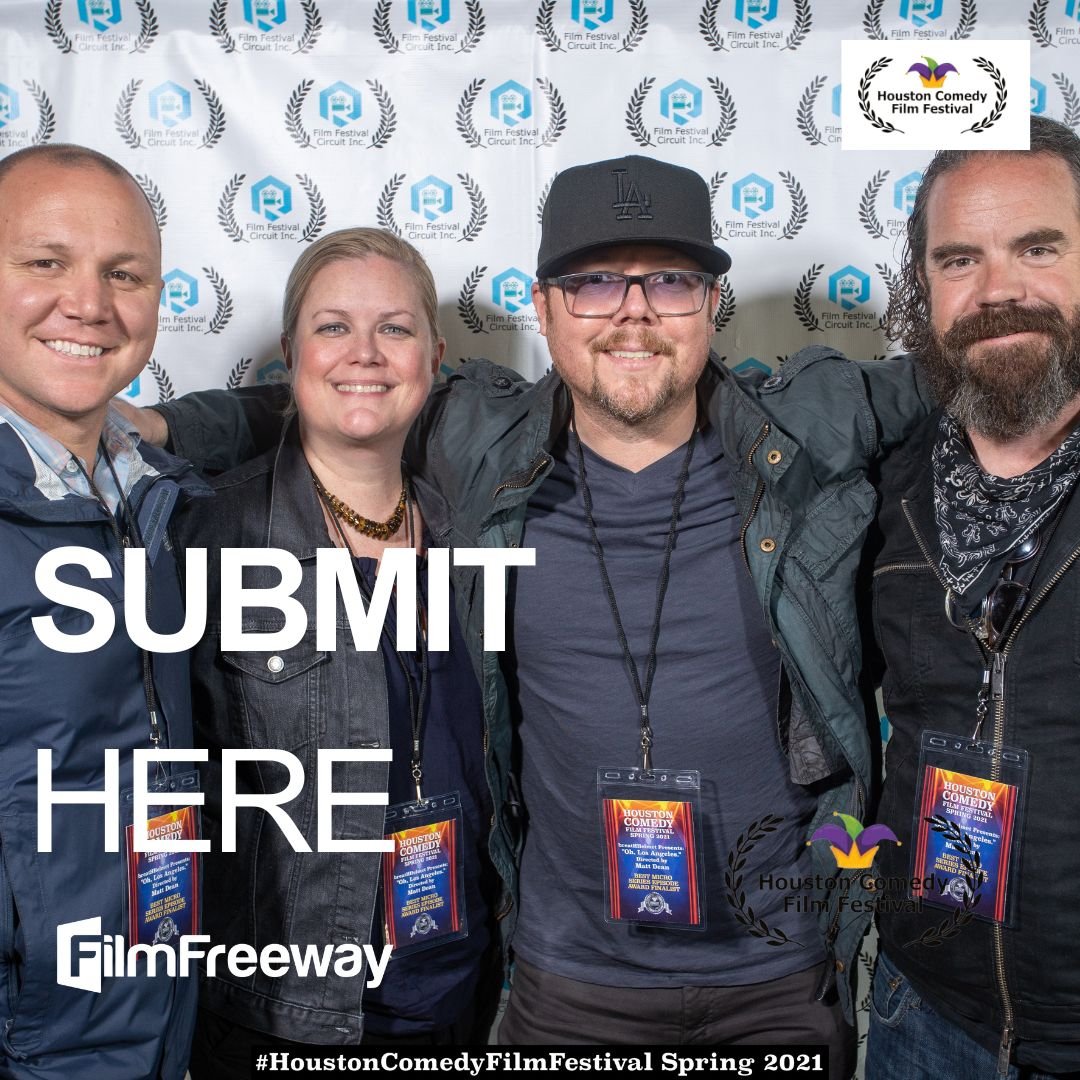Entertainment
Paris Hilton Reveals the Secret to Her Success: ‘I Can See the Future’ on August 9, 2023 at 12:00 pm Us Weekly

Since the early 2000s, Paris Hilton has had her finger on the pulse. From her culture-shifting reality show, The Simple Life, which premiered 20 years ago, to her cheeky fashion lines (have you seen her velour tracksuit collection?), foray into DJing and early experiments in the metaverse, Hilton says in the new issue of Us Weekly, “I’ve always been forward-thinking… and not afraid to take risks.”
It’s paid off: Over the last two decades, the multihyphenate star has proven herself to be a savvy entrepreneur who’s built a major business empire. “It’s about staying true to myself,” Hilton, 42, tells Us of her instincts for what’s next. “And having a bit of luck always helps!” Most recently, Hilton launched 11:11 Media, a multiplatform global entertainment company focused on producing fashion and lifestyle content across film, TV, music, books, consumer products and more. “It’s about telling stories that matter and uplifting voices that need to be heard,” says Hilton, who the company’s president and COO Bruce Gersh calls “the heartbeat” of 11:11 Media.
As a new mom — in January she welcomed son Phoenix with her husband of nearly two years, Carter Reum, 42 — and a fierce advocate, based on her own experiences, for reform of so-called troubled teen institutions, Hilton believes her future is bright. “[I’m] using my platform and what I’ve built for good,” she says. “I want to look back and see a legacy of positivity, change and empowerment.”
Growing up, did you think you’d become a media mogul?
When I was a little girl, I dreamed about becoming a veterinarian. As I grew up, my dreams evolved, and I became more interested in fashion and music, and later business. But my love of animals always stayed with me. That’s why I have so many doggies.
“I’ve always been a pioneer, whether it’s been reality tv, social media, fashion or music,” says Hilton. Brendan Forbes
You come from a long line of successful businessmen and -women. Did you absorb any lessons from them?
Definitely. I feel really blessed to have just had such incredible mentors growing up, starting with my grandfather and also both my mom and my dad. My family instilled a really strong work ethic in me and [taught me] that success comes from working hard and following your dreams.
In the early days of starting your own business, what was one experience that taught you a valuable lesson?
I think from being in this industry for so long, I’ve learned to make sure to have trustworthy people in my life — people that I can really depend on, because it’s been hard for me. You can’t do everything on your own, no matter how driven you are.
People were skeptical when you first ventured into the music business. Now you’re one of the top-earning DJs in the world. What’s been your approach to your music career?
I’ve always been about pushing boundaries and exploring different sides of myself. Music has just been so healing for me and one of the best ways for me to express who I am. I just focused on doing what I love and being on stage. [I recently played] at Tomorrowland in front of hundreds of thousands of people, and seeing the happiness in their eyes and the way that the music makes them feel is just such an indescribable experience. It makes me so proud to really have proved everyone wrong and become such a success in this world.
Hilton recently performed at the Tomorrowland music festival in Belgium. Kevin Ostajewski
How did you get into DJing?
I’ve always loved music, my entire life. When I first started working, I was doing club appearances in Las Vegas just hosting the party, but then I realized that I would much rather be the conductor of the party. So basically, from inventing to getting paid to party, I turned it into DJing. I [hired] the best people in the business to teach me everything there is to know about it — because it is actually very technical. I’ve worked really hard to really prove myself and it’s just been amazing to be able to play at the biggest music festivals around the world and best nightclubs and just bring my love of music all around the world.
How do you keep figuring out the best way to insert yourself into pop culture and keep people talking about you after all these years?
I can see into the future! [Laughs.] I’ve always been ahead of my time, whether it’s been reality TV, social media, fashion, music. Maybe it’s being an Aquarius — I don’t know! It’s just part of my superpower.
Your latest reality show, Paris in Love, was renewed for a second season. Anything you can share about it?
It’s launching later this year on Peacock! Season 1 was all about the wedding, and now it’s just [more] about this next phase in my life — being a new mom and Phoenix coming into this world. I’m really excited.
Has it been hard adjusting to life as a working mom?
It’s definitely a lot to balance it all. I love what I do so much, but my baby is my top priority. All of my priorities have shifted. I am saying no to so many things because I want to be able to spend as much time with [my son] as possible. He’s just my little angel.
“It’s been just the most special and incredible experience of my life,” Hilton says of parenthood. Dennis Gocer
What’s been the biggest surprise about motherhood?
Just that moms are superheroes.! It’s the hardest job of all, [but] it’s the most rewarding.
Do you think you’ll have more kids?
I can’t wait to have a sister for [Phoenix].
With so much going on, how do you unwind?
[Laughs.] I don’t really have a lot of downtime, but [when I do], I wanna spend all of it with my family. Taking Phoenix to the park and just hanging out with him at the house, the puppies and my husband. I love sitting with them and playing games and reading books. My sister [Nicky Hilton Rothschild] always says you don’t want to miss those moments. All my free time, I’m doing that. And then also my music and my art. I love to paint and cook and just be with my husband and my baby boy.
Netflix’s Cooking With Paris was so fun. Any interest in penning a cookbook?
Yes. I’ve actually been planning it, thinking of recipes and cute things. I’ll write them down in my notes. On my cooking show, I always loved to add sparkles and rainbows and just like make it really Paris-ized. So I’d love to do a book like that.
Hilton is gearing up to launch her new cookware line with Epoca this fall. Brendan Forbes
After opening up about your horrific experiences at boarding schools in your memoir and 2020’s This Is Paris, you became an advocate against youth abuse. How important is this work for you?
I’m so proud of all of the impact work I’ve been doing that already changed laws in 10 states to protect children from abuse. This has just been the most empowering time in my life. The work I’m doing in Washington, D.C., with my federal legislation, is really my legacy, and I’m just so proud of everything I’ve been through and the woman I’ve become today. I’ve turned my pain into a purpose.
What’s next for you?
With my partnership with iHeart, I have my own podcast, “I am Paris,” and we just launched our newest podcast, “The History of the World’s Greatest Nightclubs,” and season 2 of “Trapped in Treatment” [will be out] this fall, which is around all my advocacy and impact work. I’m also really excited about my new cookware line, which [will debut] in Walmart and on Amazon this fall. I’ll also be launching new ventures in the beauty space, the mommy and me space, and the pet space.
Advice for other young female entrepreneurs?
Remember that every challenge in your life is an opportunity in disguise. Embrace them, learn from them and use them to propel you further into your journey. And don’t be afraid to show the world what you’re made of. Dream big because the only limits that exist are the ones that you place on yourself.
Since the early 2000s, Paris Hilton has had her finger on the pulse. From her culture-shifting reality show, The Simple Life, which premiered 20 years ago, to her cheeky fashion lines (have you seen her velour tracksuit collection?), foray into DJing and early experiments in the metaverse, Hilton says in the new issue of Us
Us Weekly Read More
Entertainment
What Epstein’s Guest Lists Mean for Working Filmmakers: Who Do You Stand Next To?
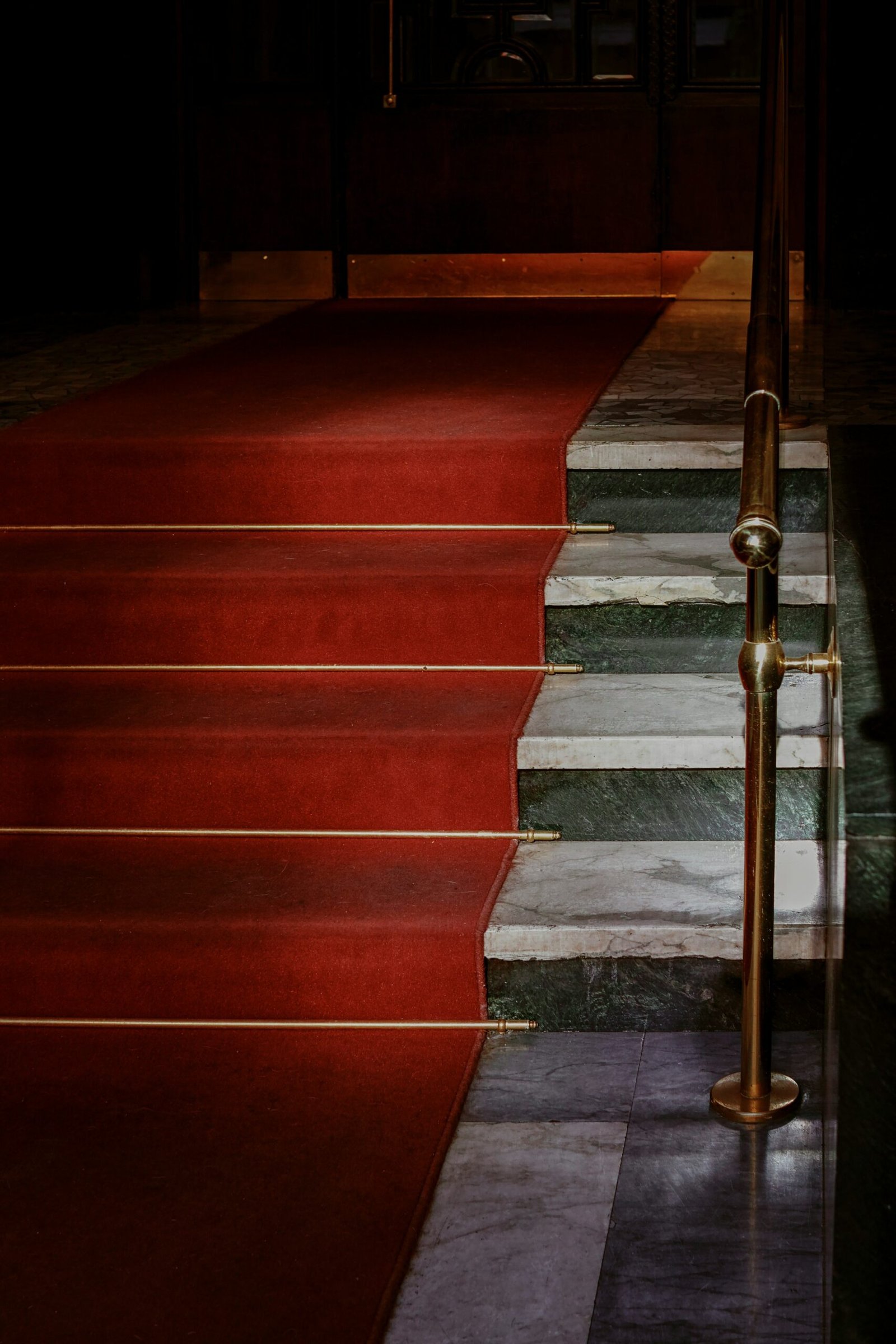
Jeffrey Epstein was a convicted sex offender, but for years after his 2008 conviction, he still moved comfortably through elite social circles that touched media, politics, finance, and film culture. His calendars, contact books, and guest lists show a pattern: powerful people kept accepting his invitations, attending his dinners, and standing beside him, even when they knew exactly who he was.
If you make films, run festivals, or work in development and distribution, this isn’t just a political scandal on the news. It’s a mirror. It forces one uncomfortable question: do you truly know what – and who – you stand for when you say yes to certain rooms, collaborators, and funders?
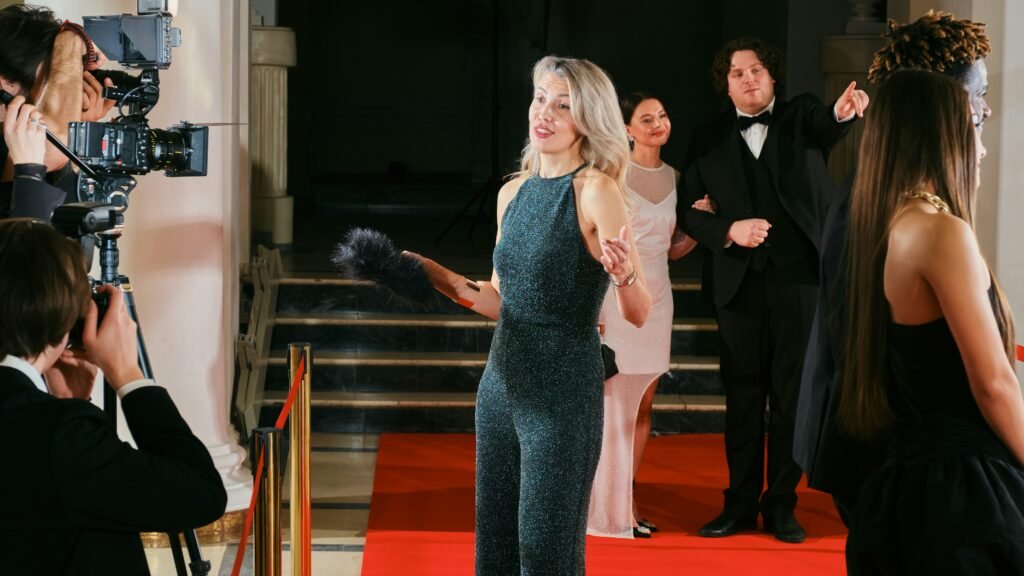
The guest list is a moral document
Epstein didn’t just collect money; he collected people.
His power came from convening others: intimate dinners, salon‑style gatherings, screenings, and trips where being invited signaled that you were “important enough” to be in the room. Prestige guests made him look respectable; he made them feel chosen.
Awards‑season publicists and event planners played a crucial role in that ecosystem. For years, some of the same people who curated high‑status screenings and industry dinners also opened the door for Epstein, placing him in rooms with producers, critics, cultural figures, and politicians. They controlled the lists that determined who got close to money, influence, and decision‑makers.
When those ties became public, companies that had long benefitted from those curated lists cut certain publicists off almost overnight. One day they were trusted architects of taste and access; the next day they were toxic. That whiplash exposes the truth: guest lists were never neutral logistics. They were moral documents disguised as marketing strategy.
If you’re a filmmaker or festival director, the same is true for you. Every invite list, every VIP pass, every “intimate industry mixer” quietly answers a question:
- Who are you willing to legitimize?
- Who gets to bask in the glow of your platform, laurels, and audience?
- Whose history are you willing to overlook because they’re “good for the project”?
You may tell yourself you’re “just trying to get the film seen.” Epstein’s orbit shows that this is exactly how people talk themselves into standing next to predators.
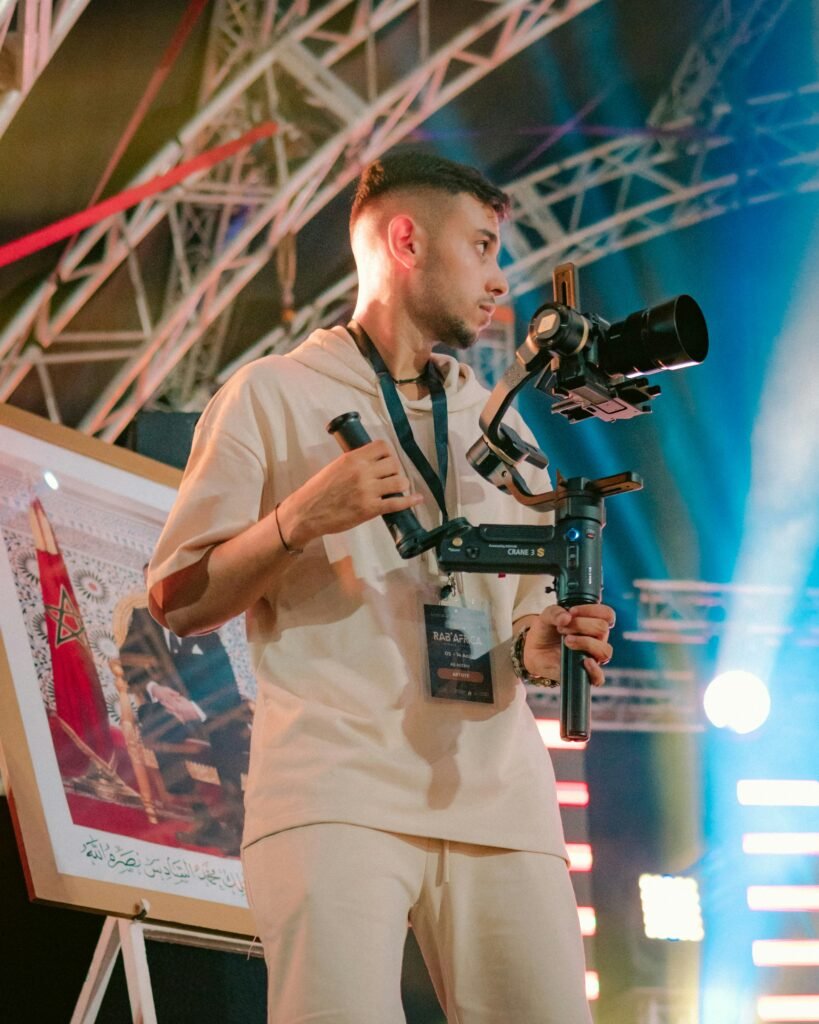
“I barely knew him”: the lie everyone rehearses
After Epstein’s 2019 arrest and death, a familiar chorus started: “I barely knew him.” “We only met once.” “It was purely professional.” In case after case, logs, calendars, and emails told a different story: repeated meetings, trips, dinners, and years of social overlap.
This isn’t unique to Epstein. Our industry does the same thing whenever a powerful director, producer, or executive is finally exposed. Suddenly:
- The person was “always difficult,” but nobody quite remembers when they first heard the stories.
- Collaborators swear they had no idea, despite years of rumors in green rooms, writers’ rooms, and hotel bars.
- Everyone rushes to minimize proximity: one film, one deal, one panel, one party.
Sometimes that’s true. Often it’s a script people have been rehearsing in their heads for years, just in case the day came when they’d need it.
So ask yourself now, before any future scandal:
- If every calendar entry and email around a controversial figure in your orbit were revealed tomorrow, would your values be obvious?
- Would your words and actions show someone wrestling with the ethics and drawing lines, or someone who stood for nothing but opportunity and a good step‑and‑repeat photo?
Your future statement is being written today, in the rooms you choose and the excuses you make.
Power, access, and the cost of staying in the room
People kept going to Epstein’s dinners and accepting his calls after his conviction because he was useful. He made introductions between billionaires and politicians, intellectuals and media figures, donors and institutions. Being in his network could mean access to funding, deals, prestige, and proximity to other powerful guests.
If that dynamic feels uncomfortably familiar, it should. In film and TV, you know this pattern:
- A producer with a reputation for abusive behavior who still gets projects greenlit.
- A financier whose source of money is murky but opens doors.
- A festival VIP everyone whispers about but no one publicly confronts because they bring stars, sponsors, or press.
The unwritten deal is the same: look away, laugh it off, or stay quiet, and in return you get access. What Epstein’s guest lists reveal is how many people accepted that deal until the public cost became unbearable.
The question for you is simple and brutal: how much harm are you willing to tolerate in exchange for access to power? If the answer is “more than I’d admit out loud,” you’re already in the danger zone.
Building your own red lines as a filmmaker
You cannot control every person who ends up in your orbit. But you can refuse to drift. You can decide in advance what you will and will not normalize. That means building your own red lines before there’s a headline.
Some practical commitments:
- Write down your “no‑platform” criteria
Don’t wait until a scandal explodes to decide what’s unacceptable. Define the patterns you will not align with:- Repeat, credible allegations of abuse or harassment.
- Past convictions for sexual exploitation or violence.
- Documented histories of exploiting young or vulnerable people in professional settings.
This doesn’t mean trial‑by‑rumor. It means acknowledging there are lines you simply will not cross, no matter how good the deal looks.
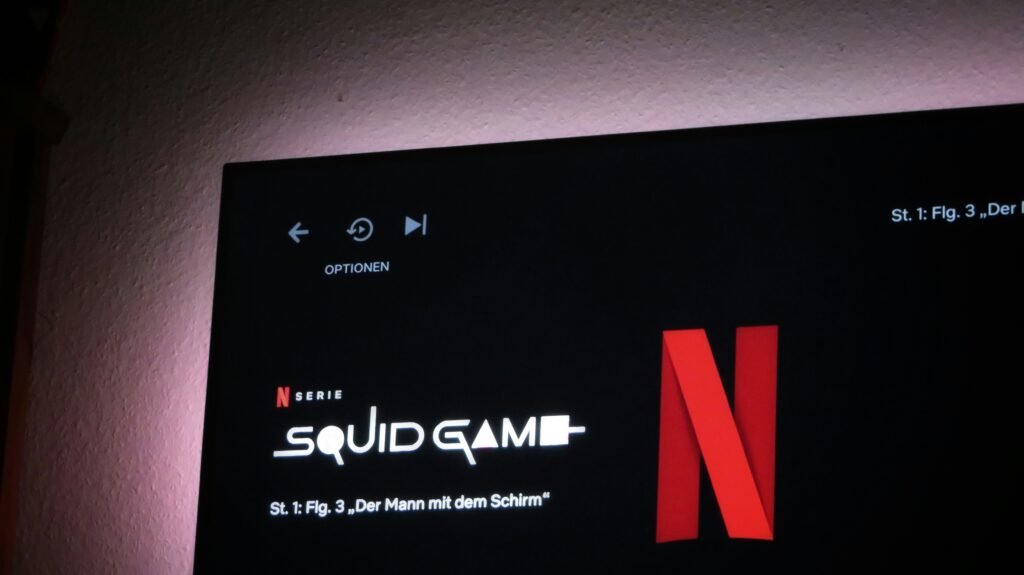
- Interrogate the rooms you’re invited into
Before you say yes to that exclusive dinner, private screening, or “small circle of VIPs,” ask:- Who is hosting, and what are they known for?
- Who else will be there, and what’s their pattern of behavior?
- Is this room built on genuine artistic community, or on quiet complicity around someone with power and a bad history?
When you feel that knot in your stomach, treat it as information, not an inconvenience.
- Bake ethics into your company or festival policy
If you run a production company, collective, or festival, put your values in writing:- How do you respond to credible allegations against a guest, juror, funder, or staff member?
- What is your process for reviewing partnerships and sponsorships?
- Under what conditions will you withdraw an invitation or return money?
This won’t make you perfect, but it forces you to act from a standard rather than improvising around whoever seems too powerful to offend.
- Use the “headline test”
Before you agree to a collaboration or keep showing up for someone whose reputation is rotting, imagine a future article that simply lays out the facts:
“Filmmaker X repeatedly attended private events hosted by Y after Y’s conviction and multiple public allegations.”
If seeing your name in that sentence makes you flinch, believe that feeling. That’s your conscience trying to speak louder than your ambition.
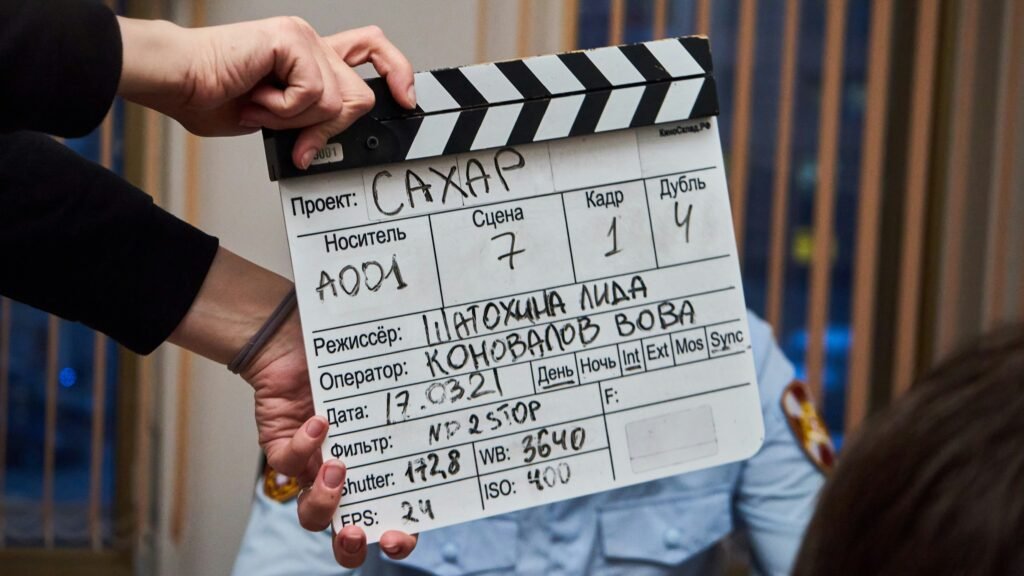
The question you leave your audience with
Epstein’s guest lists are historical artifacts, but they are also warnings. They show what an ecosystem looks like when hundreds of people make the same small compromise: “I’ll just go to this one dinner. I’ll just take this one meeting. I’ll just look the other way one more time.”
One man became a hub, but it took a whole web of people choosing access over integrity to keep him powerful. His documents don’t only reveal who he was; they reveal who others decided to be around him.
You may never face a choice as stark as “Do I have dinner with Jeffrey Epstein?” But you are already facing smaller versions of that question:
- Do I keep working with the person everyone quietly warns newcomers about?
- Do I take money from the funder whose business model depends on exploitation?
- Do I invite, platform, and celebrate people whose presence makes survivors in the room feel less safe?
You will not be able to claim you “didn’t know” about every name in your orbit. But you can decide that when you learn, you act. You can decide that your guest lists, your partnerships, and your presence in the room will mean something.
Because in the end, your career is not only made of films and laurels. It is made of the rooms you chose and the people you stood next to when it mattered.
Entertainment
You wanted to make movies, not decode Epstein. Too late.

That’s the realization hanging over anyone picking up a camera right now. You didn’t sign up to be a forensic analyst of flight logs, sealed documents, or “unverified tips.” You wanted to tell stories. But your audience lives in a world where every new leak, every exposed celebrity, every dead‑end investigation feeds into one blunt conclusion:
Nobody at the top is clean. And nobody in charge is really coming to save us.
If you’re still making films in this moment, the question isn’t whether you’ll respond to that. You already are, whether you intend to or not. The real question is: will your work help people move, or help them go numb?
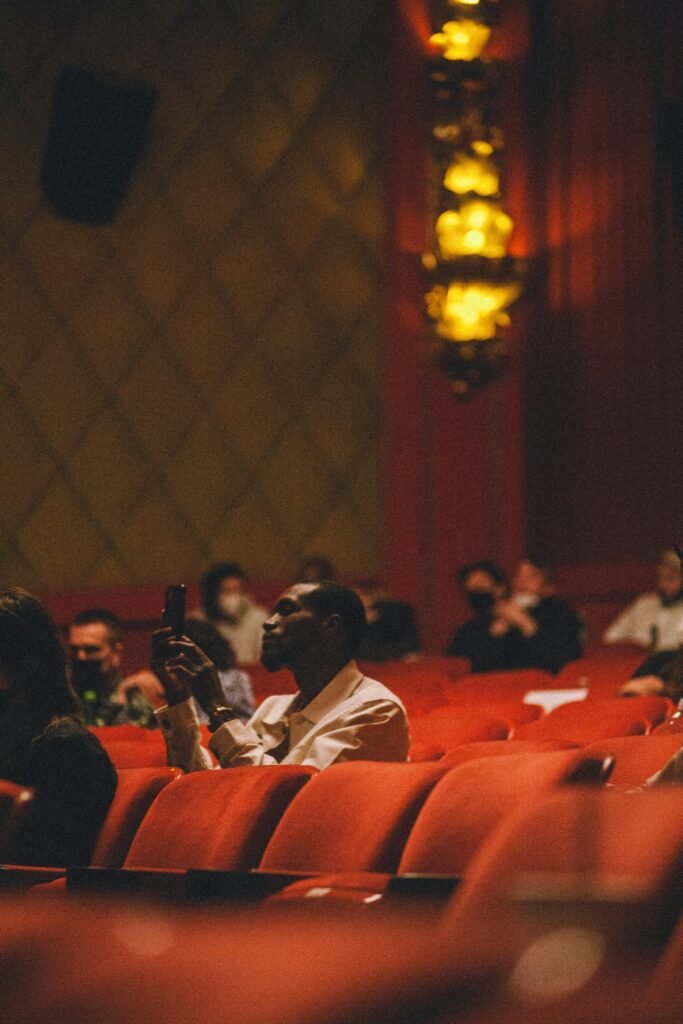
Your Audience Doesn’t Believe in Grown‑Ups Anymore
Look at the timeline your viewers live in:
- Names tied to Epstein.
- Names tied to trafficking.
- Names tied to abuse, exploitation, coverups.
- Carefully worded statements, high‑priced lawyers, and “no admission of wrongdoing.”
And in between all of that: playlists, memes, awards shows, campaign ads, and glossy biopics about “legends” we now know were monsters to someone.
If you’re under 35, this is your normal. You grew up:
- Watching childhood heroes get exposed one after another.
- Hearing “open secrets” whispered for years before anyone with power pretended to care.
- Seeing survivors discredited, then quietly vindicated when it was too late to matter.
So when the next leak drops and another “icon” is implicated, the shock isn’t that it happened. The shock is how little changes.
This is the psychic landscape your work drops into. People aren’t just asking, “Is this movie good?” They’re asking, often subconsciously: “Does this filmmaker understand the world I’m actually living in, or are they still selling me the old fantasy?”
You’re Not Just Telling Stories. You’re Translating a Crisis of Trust.
You may not want the job, but you have it: you’re a translator in a time when language itself feels rigged.
Politicians put out statements. Corporations put out statements. Studios put out statements. The public has learned to hear those as legal strategies, not moral positions.
You, on the other hand, still have this small window of trust. Not blind trust—your audience is too skeptical for that—but curious trust. They’ll give you 90 minutes, maybe a season, to see if you can make sense of what they’re feeling:
- The rage at systems that protect predators.
- The confusion when people they admired turn out to be complicit.
- The dread that this is all so big, so entrenched, that nothing they do matters.
If your work dodges that, it doesn’t just feel “light.” It feels dishonest.
That doesn’t mean every film has to be a trafficking exposé. It means even your “small” stories are now taking place in a world where institutions have failed in ways we can’t unsee. If you pretend otherwise, the audience can feel the lie in the walls.
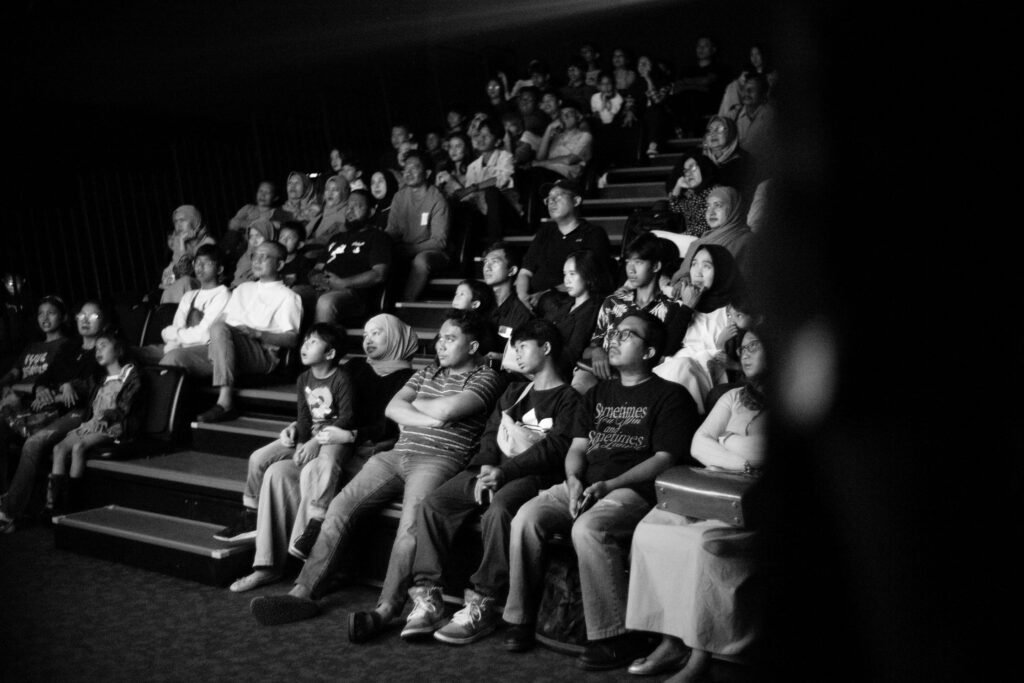
Numbness Is the Real Villain You’re Up Against
You asked for something that could inspire movement and change. To do that, you have to understand the enemy that’s closest to home:
It’s not only the billionaire on the jet. It’s numbness.
Numbness is what happens when your nervous system has been hit with too much horror and too little justice. It looks like apathy, but it’s not. It’s self‑defense. It says:
- “If I let myself feel this, I’ll break.”
- “If I care again and nothing changes, I’ll lose my mind.”
- “If everyone at the top is corrupt, why should I bother being good?”
When you entertain without acknowledging this, you help people stay comfortably numb. When you only horrify without hope, you push them deeper into it.
Your job is more dangerous and more sacred than that. Your job is to take numbness seriously—and then pierce it.
How?
- By creating characters who feel exactly what your audience feels: overwhelmed, angry, hopeless.
- By letting those characters try anyway—in flawed, realistic, human ways.
- By refusing to end every story with “the system wins, nothing matters,” even if you can’t promise a clean victory.
Movement doesn’t start because everyone suddenly believes they can win. It starts because enough people decide they’d rather lose fighting than win asleep.
Show that decision.
Don’t Just Expose Monsters. Expose Mechanisms.
If you make work that brushes against Epstein‑type themes, avoid the easiest trap: turning it into a “one bad guy” tale.
The real horror isn’t one predator. It’s how many people, institutions, and incentives it takes to keep a predator powerful.
If you want your work to fuel real change:
- Show the assistants and staffers who notice something is off and choose silence—or risk.
- Show the PR teams whose entire job is to wash blood off brands.
- Show the industry rituals—the invite‑only parties, the “you’re one of us now” moments—where complicity becomes a form of currency.
- Show the fans, watching allegations pile up against someone who shaped their childhood, and the war inside them between denial and conscience.
When you map the mechanism, you give people a way to see where they fit in that machine. You also help them imagine where it can be broken.
Your Camera Is a Weapon. Choose a Target.
In a moment like this, neutrality is a story choice—and the audience knows it.
Ask yourself, project by project:
- Who gets humanized? If you give more depth to the abuser than the abused, that says something.
- Who gets the last word? Is it the lawyer’s statement, the spin doctor, the jaded bystander—or the person who was actually harmed?
- What gets framed as inevitable? Corruption? Cowardice? Or courage?
You don’t have to sermonize. But you do have to choose. If your work shrugs and says, “That’s just how it is,” don’t be surprised when it lands like anesthetic instead of ignition.
Ignition doesn’t require a happy ending. It just requires a crack—a moment where someone unexpected refuses to play along. A survivor who won’t recant. A worker who refuses the payout. A friend who believes the kid the first time.
Those tiny acts are how movements start in real life. Put them on screen like they matter, because they do.
Stop Waiting for Permission
A lot of people in your position are still quietly waiting—for a greenlight, for a grant, for a “better time,” for the industry to decide it’s ready for harsher truths.
Here’s the harshest truth of all: the system you’re waiting on is the same one your audience doesn’t trust.
So maybe the movement doesn’t start with the perfectly packaged, studio‑approved, four‑quadrant expose. Maybe it starts with:
- A microbudget feature that refuses to flatter power.
- A doc shot on borrowed gear that traces one tiny piece of the web with obsessive honesty.
- A series of shorts that make it emotionally impossible to look at “open secrets” as jokes anymore.
- A narrative film that never names Epstein once, but makes the logic that created him impossible to unsee.
If you do your job right, people will leave your work not just “informed,” but uncomfortable with their own passivity—and with a clearer sense of where their own leverage actually lives.
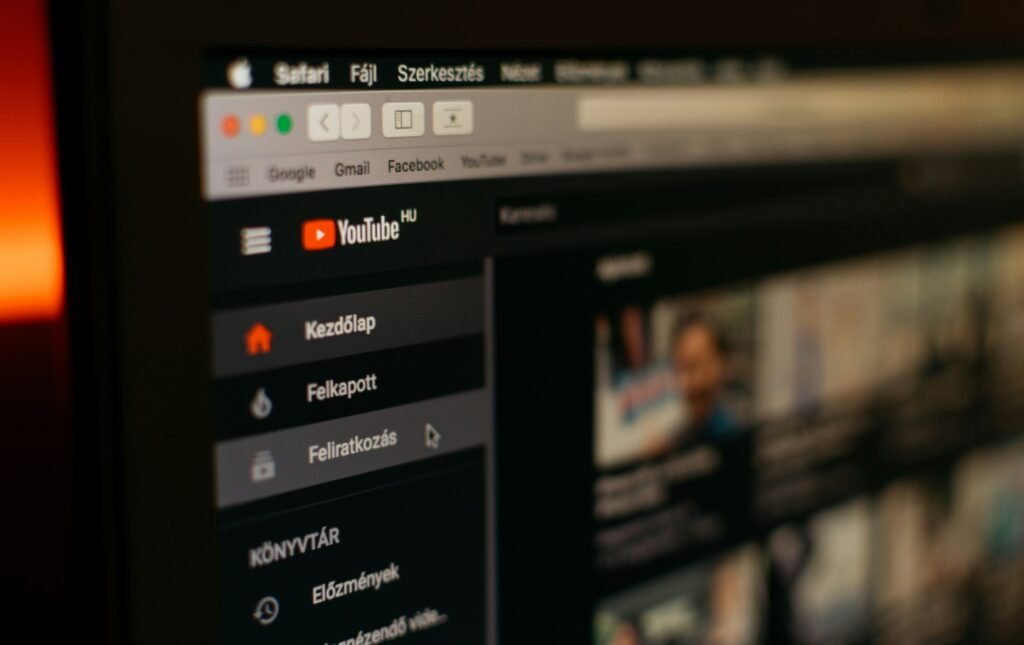
The Movement You Can Actually Spark
You are not going to single‑handedly dismantle trafficking, corruption, or elite impunity with one film. That’s not your job.
Your job is to help people:
- Feel again where they’ve gone numb.
- Name clearly what they’ve only sensed in fragments.
- See themselves not as background extras in someone else’s empire, but as moral agents with choices that matter.
If your film makes one survivor feel seen instead of crazy, that’s movement.
If it makes one young viewer question why they still worship a predator, that’s movement.
If it makes one industry person think twice before staying silent, that’s movement.
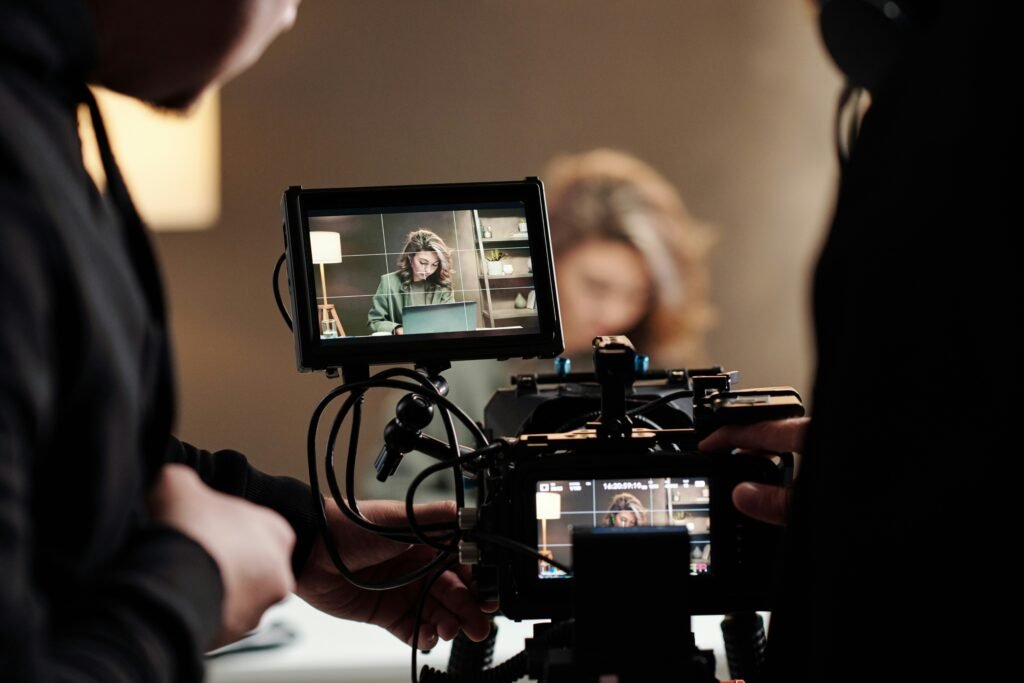
And movements, despite what the history montages pretend, are not made of big moments. They’re made of a million small, private decisions to stop lying—to others, and to ourselves.
You wanted to make movies, not decode Epstein.
Too late.
You’re here. The curtain’s already been pulled back. Use your camera to decide what we look at now: more distraction from what we know, or a clearer view of it.
One of those choices helps people forget.
The other might just help them remember who they are—and what they refuse to tolerate—long enough to do something about it.
Entertainment
What the Epstein Files Actually Say About Jay-Z
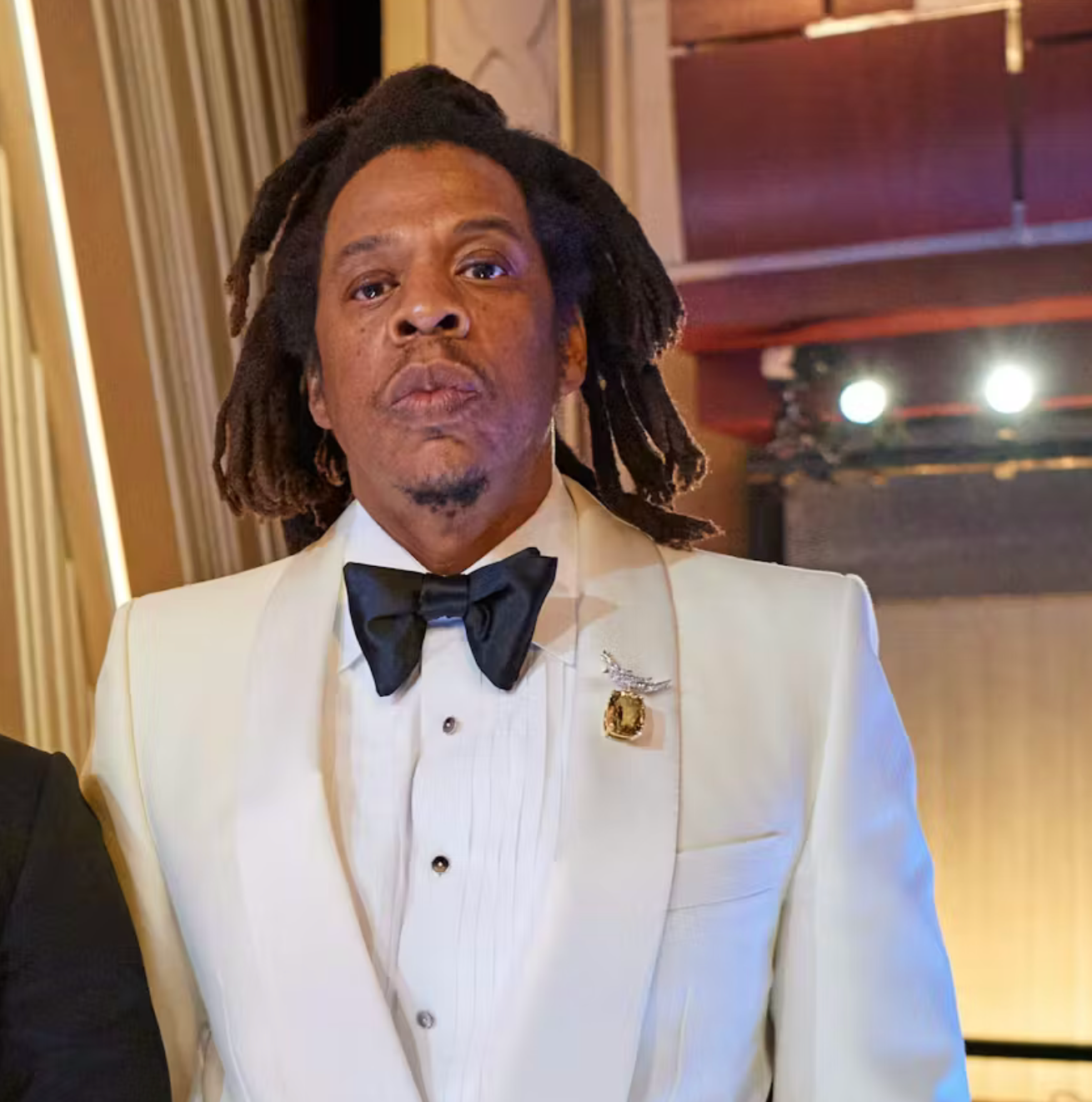
The internet exploded this week after Jay-Z’s name surfaced in newly released Jeffrey Epstein documents—and 50 Cent is already trolling his way toward another Netflix documentary. But before the headlines spiral further out of control, here’s what the files actually say, what they don’t say, and why this story reveals more about how we consume scandal than it does about Jay-Z.
The Document That Started Everything
On Friday, January 30, 2026, the U.S. Department of Justice released over 3 million pages of records tied to the Epstein investigation under the Epstein Files Transparency Act. Buried within that mountain of material is a single FBI “crisis intake report” from 2019—essentially a logged phone call from a member of the public to the FBI’s national hotline.
In that tip, an anonymous woman claimed she was abducted multiple times over several years and drugged during each incident. She told the FBI she believed she was in Jeffrey Epstein’s Florida mansion on these occasions. In one alleged incident from 1996, she stated she awoke in a room where Harvey Weinstein was sexually assaulting her, and that Jay-Z (Shawn Carter) was also present in the room.
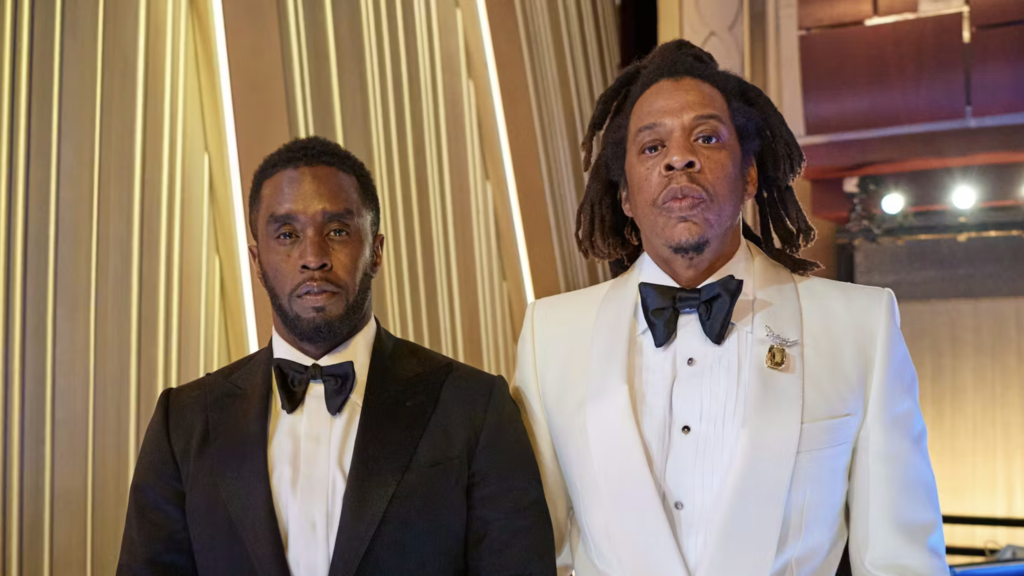
The woman also claimed that rapper Pusha T acted as one of several “handlers” who befriended and moved girls around, and that she attended a party around 2007 where both Weinstein and Pusha T were present before she was allegedly drugged and abused.
That’s it. That’s the entirety of Jay-Z’s connection to the Epstein files.
Why This Doesn’t Mean What You Think It Means
Here’s what most people scrolling past viral headlines are missing: FBI crisis intake reports are not evidence. They’re not verified claims. They’re not active investigations. They’re raw, unfiltered tips that anyone can call in—and federal authorities have explicitly warned that these documents “may include fake or false accusations” that are “unfounded and false.”
Legal experts are urging the public to understand what these intake forms represent: logged tips for potential follow-up, not proof of wrongdoing. Being named in an intake report doesn’t mean you’re guilty, under investigation, or even that the claim was ever looked into.
Jay-Z’s name does not appear in Epstein’s flight logs, personal address books, verified investigative evidence, or court filings. His mention exists only in this single, unverified hotline call.
The Timeline Problem Everyone’s Ignoring
The alleged incident involving Jay-Z is dated to 1996. That same year, Jay-Z released his debut album Reasonable Doubton June 25, 1996, through his own independent label Roc-A-Fella Records after every major label had turned him down. He was literally selling CDs from the trunk of his car on college campuses.
As one social media user pointed out, Jay-Z “wasn’t nobody” in 1996—at least not somebody running in Jeffrey Epstein’s elite billionaire circles. He was a hustler trying to break into the music industry, not a mogul attending private island parties.
The Pusha T timeline is even more problematic. The tipster claimed Pusha T was a “handler” in incidents around 1996 and at a 2007 party.
But in 1996, Pusha T was a teenager who had just signed his first record deal with his brother as part of the group Clipse with Elektra Records—they hadn’t even released their debut album yet. Their breakout hit “Grindin’” didn’t drop until 2002.
Multiple commenters online have pointed out the absurdity: “Pusha wasn’t even out nor the Clipse in 96.”

Enter 50 Cent, Stage Left
If there’s one constant in hip-hop, it’s that 50 Cent will never miss an opportunity to turn controversy into content. After Jay-Z’s name started trending off the Epstein file release, 50 posted AI-generated images and announced “I gotta do a doc on this sh!t.”
This isn’t new territory for Curtis Jackson. In December 2025, he executive-produced Sean Combs: The Reckoning, a Netflix documentary about Diddy that became the number one show on the platform, even beating Stranger Things. Critics accused him of being “petty,” but the docuseries was praised for its investigative depth and victim-centered storytelling—and 50 proved he could monetize outrage into premium content.
Now, with Jay-Z’s name in the Epstein files, 50 smells blood in the water. His Jay-Z “documentary” announcement is part troll, part business pitch, and entirely on-brand. He’s turned decades-old beef with Jay-Z into a potential streaming deal, weaponizing one unverified FBI tip line call into the next chapter of his “accountability documentarian” persona.
The Anatomy of a Viral Lie
This story is a masterclass in how misinformation spreads faster than facts. The headline “Jay-Z Named in Epstein Files” is technically true—but it’s designed to trigger maximum shock without context. By the time someone reads past the headline to learn it’s an unverified hotline tip, the damage is done. The screenshot has been shared. The conspiracy theories are trending. The outrage cycle is complete.
Being “in the files” has become shorthand for guilt, even when the files themselves explicitly warn against that interpretation. Bill Gates, Jamie Foxx, and dozens of other celebrities are mentioned in various Epstein documents—some in emails, some in photos from public events, some in unverified tips. None of that proves criminal behavior, but nuance doesn’t go viral.
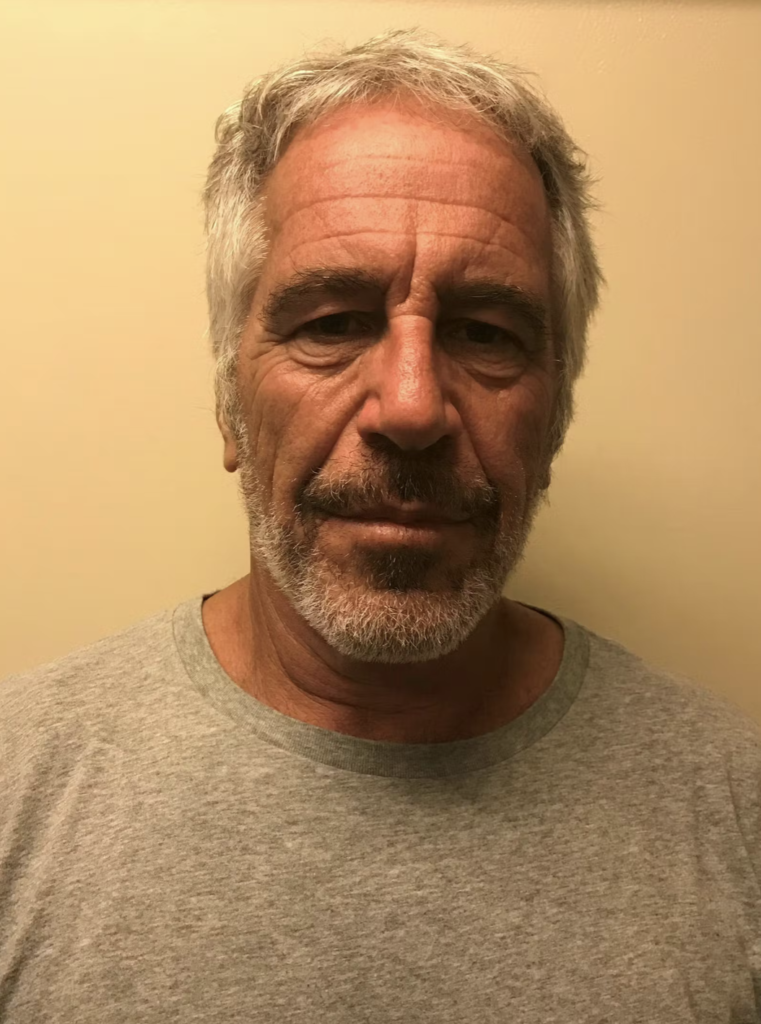
What We Actually Know
Let’s be clear about the facts:
- Jay-Z is mentioned in one FBI crisis intake report from 2019, based on an anonymous tip.
- The tip describes an alleged 1996 incident where the caller claims Jay-Z was present during an assault by Harvey Weinstein.
- The caller admitted her memory was foggy because she said she was drugged.
- This claim has not been corroborated by flight logs, address books, witness testimony, or any other evidence.
- No investigation appears to be underway based on this tip.
- Federal authorities have warned that intake reports can contain false information.
There is no verified connection between Jay-Z and Jeffrey Epstein. Period.
Why This Matters Beyond Jay-Z
This moment reveals something larger than one rapper’s name in a document dump. It shows how easily public perception can be manipulated when institutions release massive troves of unvetted material without adequate context. The DOJ may have released these files in the name of transparency, but without proper framing, transparency becomes a weapon for conspiracy theorists and clout-chasers.
It also shows the power—and danger—of the “documentary as diss track” era we’re living in. 50 Cent can float the idea of a Jay-Z doc, generate millions of impressions, and potentially land a deal without producing a single frame of footage. Whether that’s genius entrepreneurship or irresponsible exploitation depends on your perspective—but it’s undeniably effective.
The Bottom Line
Jay-Z’s name appearing in the Epstein files is not proof of guilt, association, or wrongdoing. It’s proof that someone called an FBI hotline in 2019 and made an unverified claim about an event they say happened in 1996, when both Jay-Z and Pusha T were nowhere near the level of fame or access that would put them in Epstein’s orbit.
50 Cent knows this. The internet knows this—or at least, should. But in an era where engagement beats accuracy and headlines erase context, “Jay-Z in the Epstein Files” is enough to fuel a thousand conspiracy theories, a million social media posts, and potentially one very lucrative Netflix documentary.
The real question isn’t what Jay-Z did or didn’t do in 1996. It’s whether we’re willing to let one anonymous, unverified phone call define someone’s legacy—and whether the people profiting from that chaos have any responsibility to tell the full story.
As of now, Jay-Z has not publicly commented on his inclusion in the files. Pusha T has remained silent as well. And 50 Cent? He’s already posted another meme.

 Film Industry2 weeks ago
Film Industry2 weeks agoTurning One Short Film into 12 Months of Content

 Film Industry3 weeks ago
Film Industry3 weeks ago10 Ways Filmmakers Are Building Careers Without Waiting for Distributors

 Entertainment1 week ago
Entertainment1 week agoWhat the Epstein Files Actually Say About Jay-Z

 Film Industry1 week ago
Film Industry1 week agoAI Didn’t Steal Your Job. It Revealed Who Actually Does the Work.

 Film Industry2 weeks ago
Film Industry2 weeks agoHow to Write a Logline That Makes Programmers Hit Play

 News1 week ago
News1 week agoCatherine O’Hara: The Comedy Genius Who Taught Us That Character Is Everything

 Entertainment5 days ago
Entertainment5 days agoYou wanted to make movies, not decode Epstein. Too late.

 Entertainment1 day ago
Entertainment1 day agoWhat Epstein’s Guest Lists Mean for Working Filmmakers: Who Do You Stand Next To?





